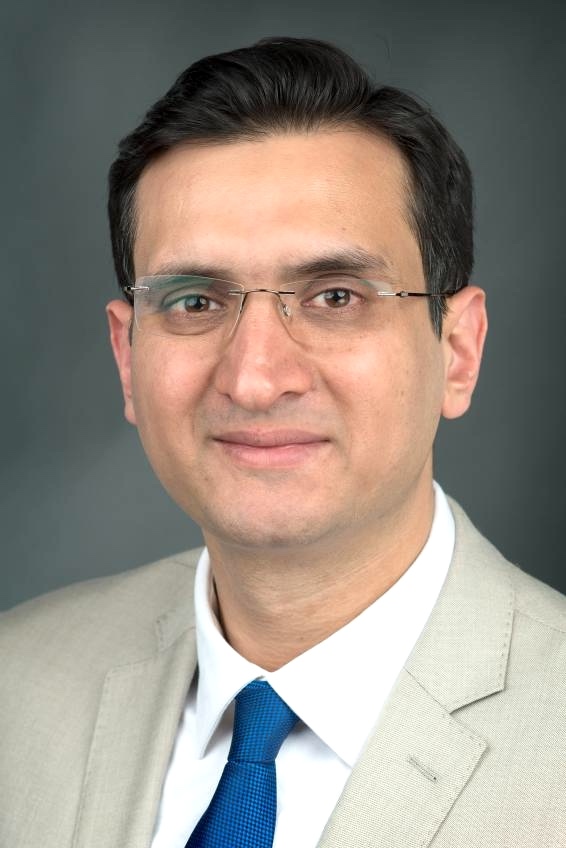Laeeq Khan
Associate Professor
School of Media Arts & Studies, Scripps College of Communication
Ohio University
Director
SMART Lab
Ohio University
Office: 327 Schoonover
Phone: 617-258-7641

Research areas
Audience Engagement
My research in Audience Engagement explores the dynamic relationship between media platforms and their audiences, focusing on how content resonates with, motivates, and sustains active participation among users. This area delves into understanding user behavior, emotional connections, and interactivity through digital analytics and feedback mechanisms. By examining strategies that foster deeper engagement—such as personalized content, community-building, and responsive communication—I aim to uncover the factors that drive long-term loyalty and impact across media landscapes. This research contributes insights into effective engagement techniques that can be applied to both digital and traditional media environments.
Artificial Intelligence
My research in Artificial Intelligence (AI) explores the transformative impact of AI technologies across media, communication, and analytics. This includes examining machine learning, natural language processing, and predictive analytics to understand audience behavior, optimize engagement strategies, and create responsive, personalized media content. Through this research, I aim to harness AI's potential to enhance data-driven decision-making while addressing ethical implications, such as privacy, transparency, and fairness, essential to responsible AI deployment in digital media.
Health Communication
My research in Health Communication focuses on understanding and improving how health information is conveyed across diverse audiences to influence knowledge, attitudes, and behaviors. By examining the effectiveness of digital platforms, media campaigns, and interpersonal communication in health contexts, this research seeks to identify best practices for message framing, audience segmentation, and engagement strategies. My work also explores how communication can address health disparities, increase access to health resources, and encourage preventive health behaviors, ultimately aiming to enhance public health outcomes through evidence-based communication methods.
The key goal of any research program should be furthering knowledge that is meaningful and centered on advancing individual and societal well-being."
Laeeq Khan, PhD
Ohio, USA
Featured video
Ut enim ad minima veniam, quis nostrum exercitationem
ullam corporis suscipit laboriosam, nisi ut aliquid.
